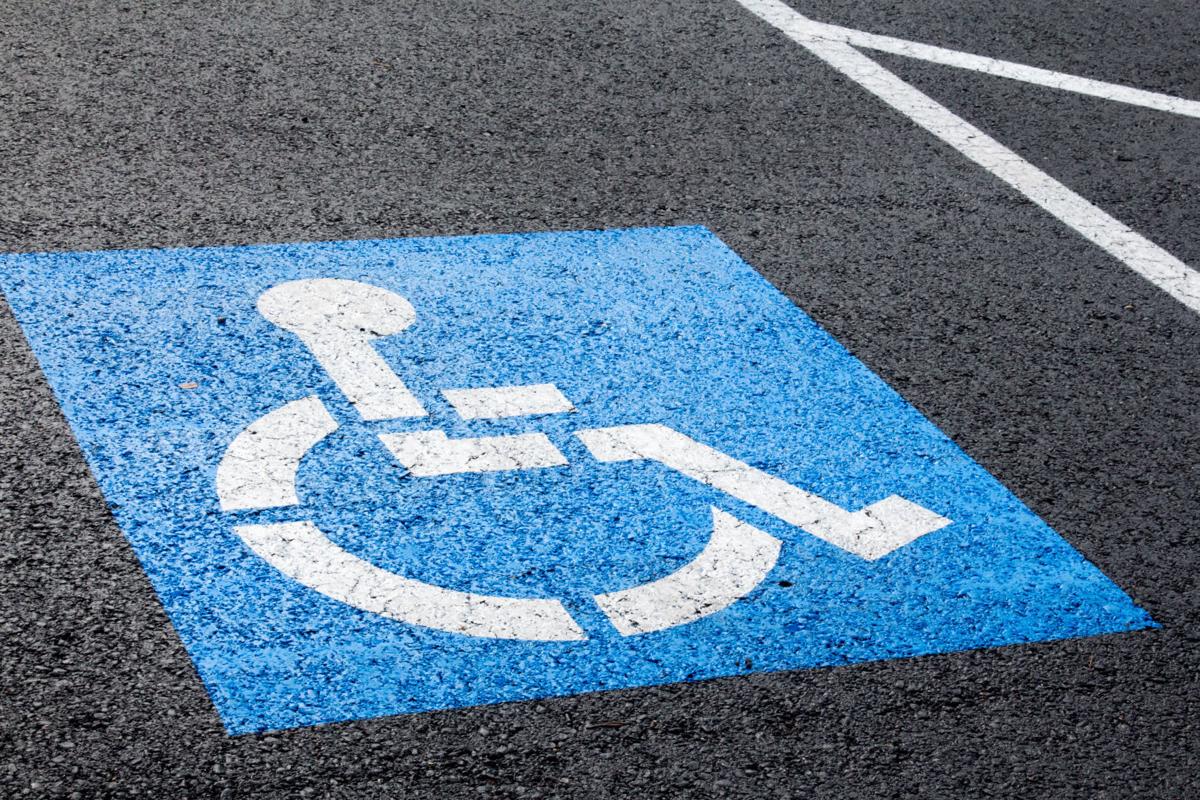A deal between the Attorney General’s Office and a group advocating for the disabled will keep the group from filing new lawsuits against Arizona businesses — at least in state court.
But an attorney who was involved in filing those lawsuits says this victory being claimed for businesses is a setback for those the Arizonans with Disabilities Act is supposed to protect.
The agreement, awaiting approval from Maricopa County Superior Court Judge David Talmante, bars Advocates for Individuals with Disabilities from bringing new legal actions charging businesses with violating laws that require businesses to make certain accommodations for the handicapped. The group also will pay $25,000 to the Attorney General’s Office to be used to educate businesses about their obligations under the law as well as help create a fund for firms that don’t have the money to make immediate fixes.
It also means that AID will not appeal a ruling dismissing the more than 1,700 cases that AID had filed.
Attorney General Mark Brnovich, in a prepared statement, called the settlement “a victory for Arizona consumers and small businesses.”
“Arizona is not going to tolerate serial litigants who try to shake down small hardworking businesses by exploiting the disability community,” he said.
But attorney Peter Strojnik, who represented AID in many of the cases, said it is the disabled community that will be the losers. He said the legal agreement, coupled with a change in law approved earlier this year by the Republican-controlled Legislature, throws new roadblocks in the path of those who depend on the disability law to ensure they have safe access to public facilities, including businesses.
And Strojnik took a verbal swat at Brnovich for saying the legal complaints filed last year were “frivolous” and calling them “copy-and-paste lawsuits” over issues that were “minor and easily fixable.”
“There is no such thing as a technical violation,” Strojnik said. “It’s either a violation or it’s not.”
For example, he said, the law spells out how much of a slope there can be on parking spots reserved for the disabled.
“Obviously, when a person with a wheelchair comes out, he’s just going to roll down on the street and get killed,” Strojnik said.
He also took exception to allegations made during legislative debate earlier this year that the lawsuits were about generating money rather than getting the problems fixed. Strojnik said AID is a 501(c)(3) charity, with what it gained in settlements with offending businesses being used to help the disabled community.
“There never was intent to profit or make money,” he said.
Strojnik said the agreement not to pursue new state court lawsuits isn’t any sort of real concession for AID. He said it comes on the heels of state lawmakers earlier this year erecting new procedural barriers to future litigation.
Under the new law, someone alleging a violation under the Arizonans with Disabilities Act would have to give the business at least 60 days to resolve the problem.
Even after that, once a lawsuit is filed, the statute allows a judge to determine if the person complaining or the attorney is a “vexatious litigant” who files multiple cases. That would permit all the cases to be combined, a move that would save money for the defendants.
And the law prohibits a court from awarding civil penalties and compensatory damages in civil actions.
Sen. Kimberly Yee, R-Phoenix, said during debate that the aim is to prevent situations where people find minor violations of the law, file suit — and then agree to drop the claim in exchange for a cash settlement. She said businesses settle because it’s cheaper than hiring an attorney for what could be expensive and extended litigation.
“I have a number of businesses that are (run by) friends that have been greatly affected by lawsuit and lawsuit threats ... where they have had to consider closing their doors because of the literally thousands of dollars they have had to pay out in litigation costs,” she said.
But Sen. Martin Quezada, D-Glendale, objected to giving businesses more time to deal with problems he believes they should have fixed years ago.
“The Arizonans with Disabilities Act has been in place for 27 years,” he said during the debate, “27 years that every small business should have known to this point what they have to do in order to accommodate people with disabilities.”
And he said those people are the losers with the change in law.
“These are people who are blind, these are people who are deaf, these are people who have a limiting disability so they have to use a wheelchair,” he said. “They can’t access services, they can’t access these local businesses.”
He also suggested that the change in the law actually will result in more businesses ignoring its basic requirements of accommodation.
Quezada said there’s no reason for a property owner to bring a site into compliance if there’s no risk of being sued. He he said once a claim is filed, a business could have up to six months to do what it should have done already.
Strojnik pointed out that nothing in the settlement or even the new Arizona law keeps AID — or anyone else — from pursing claims of violations of the Americans with Disabilities Act in federal court.





